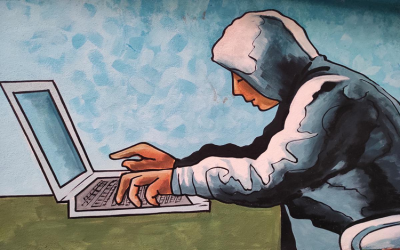The Indian cybersecurity forefront has decided to step up its game and is reportedly developing newer, better cybersecurity strategies in national security interest.
As was reported last week, the confirmation of the involvement of the Chinese cyberattack in the Mumbai power outage from government officials created quite a speculative debacle and made people question the Indian cybersecurity jurisdiction.
The massive power outage that had struck the entire city of Mumbai last year had raised quite a few eyebrows. The power outage, which was a confirmed consequence of a Chinese cyberattack had substantial repercussions at the country’s key stock exchange market and various other organization segments.
Indian cybersecurity establishing novel measures:
According to official reports and statements, the novel strategies that will be implemented with the interest of enhancing the Indian cybersecurity forefront will be coordinated with India’s top jurisdiction boards.
These include the Home Affairs, Information Technology, Defense as well as the National Critical Information Infrastructure Protection Centre authorities.
It will also be sanctioned by the cabinet committee on Indian cybersecurity headed by Prime Minister Narendra Modi.
Indian cybersecurity authorities are currently in the stage of investigating the succession of cyberattacks that allegedly led to the Mumbai power outage which disabled bank operations, and glitched India’s National Stock Exchange based in Mumbai.
A report of the investigation will be expected to be forwarded within the month.
Since official confirmations are yet to be disclosed, speculations about probable malware in the grid systems due to inadequate security maintenance have also come forth instead of a cyberattack classification.
Why stringent Indian cybersecurity policies are vital:
The US firm which initially disclosed the Chinese involvement also reported that there was at least one connection launched by Chinese state-backed threat actors into the network system of an Indian port that was still in operation, as the Indian cybersecurity authorities froze attempts to penetrate India’s electrical sector.
“India will have to work at headlong speed to put rigorous security in place,” stated India cybersecurity authorities.
The new strategies will reportedly establish stringent protocols to deploy cybersecurity measures and monitor the government’s digitally connected water, health and education systems that are part of India’s critical infrastructure. Infrastructure covering the power, aviation, and nuclear sectors are slated as supercritical.





